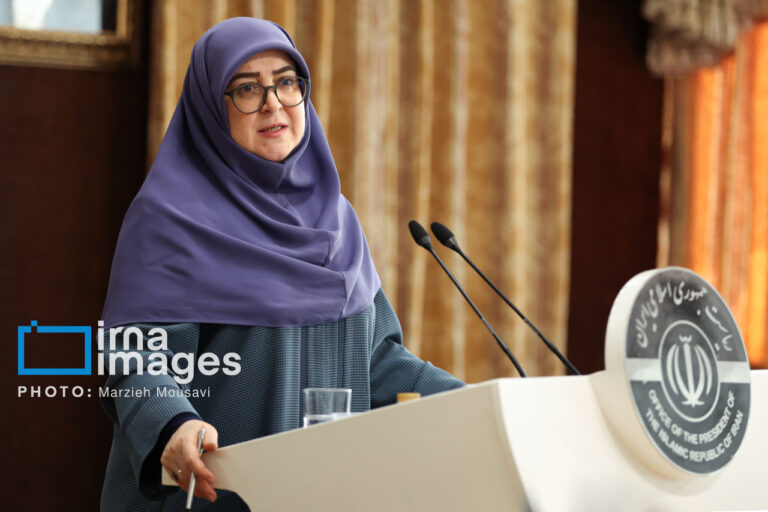
Similar Posts
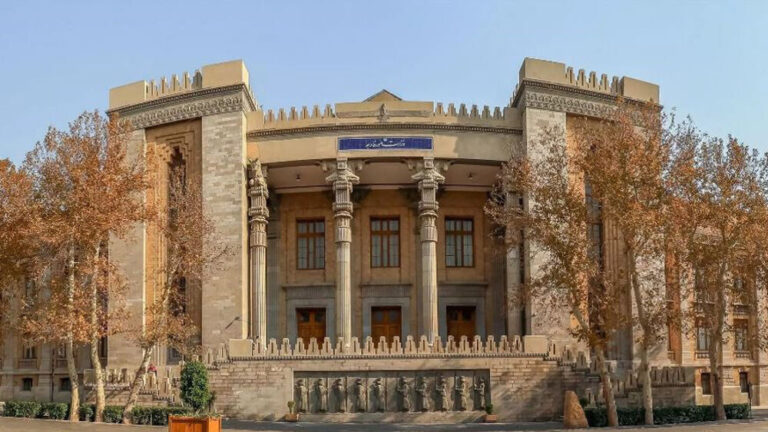
Iran Strongly Rejects Escalating U.S. Sanctions, Vows to Resist Coercive Measures
The Iranian Foreign Ministry has reiterated its commitment to international diplomacy and rejects threats that violate international law and the UN Charter. In response to U.S. sanctions, Iran has engaged in indirect talks, focusing on its rights to peaceful nuclear technology and seeking an end to these sanctions. The ministry condemned the ongoing illegal sanctions, viewing them as detrimental to Iran’s interests and human rights. Iran emphasizes that coercive tactics will not change its position based on international law, and insists that continued illegal actions will lead to past failures, reinforcing its commitment to negotiations and national sovereignty.
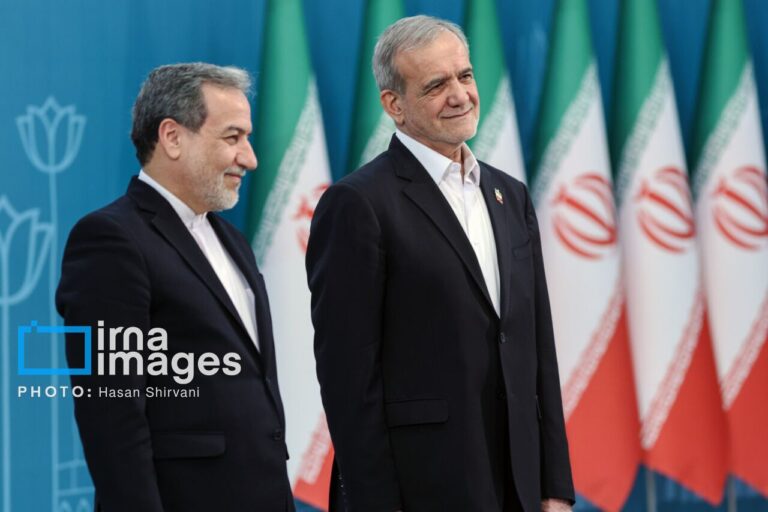
Iran’s Foreign Minister Affirms Commitment to Non-Aggression and Diplomatic Solutions in Foreign Policy
Iran’s Foreign Minister Abbas Araghchi highlighted the importance of the country’s foreign policy, rooted in the values of the 1979 Islamic Revolution, during a ceremony marking its 46th anniversary in Tehran. Addressing over 100 international envoys, he emphasized that Iran’s resilient nation has endured external pressures and successfully countered economic terrorism. Araghchi noted Iran’s crucial role in ensuring regional and international security and its sacrifices against occupation, terrorism, and drug trafficking. He expressed gratitude to the ambassadors for their cooperation and optimism for strengthening ties between Iran and their nations in the future.
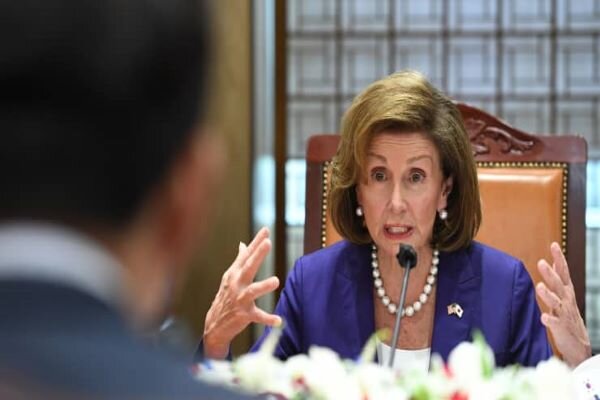
Pelosi Responds to Explosive Trump-Zelensky Clash: What It Means for U.S. Politics
Former House Speaker Nancy Pelosi criticized President Trump for his “shameful display” during a recent meeting with Ukrainian President Volodymyr Zelensky. She suggested Trump’s behavior pleased Russian President Vladimir Putin and highlighted a troubling pattern in U.S. foreign policy. The meeting began positively but escalated as Trump accused Zelensky of ingratitude and lacking leverage in peace talks. Zelensky countered by addressing Putin’s refusal to cooperate and warned that the U.S. may not fully grasp the conflict’s devastation. The tense exchange raised questions about U.S. support for democracy and the complexities of international diplomacy amid ongoing tensions in Eastern Europe.
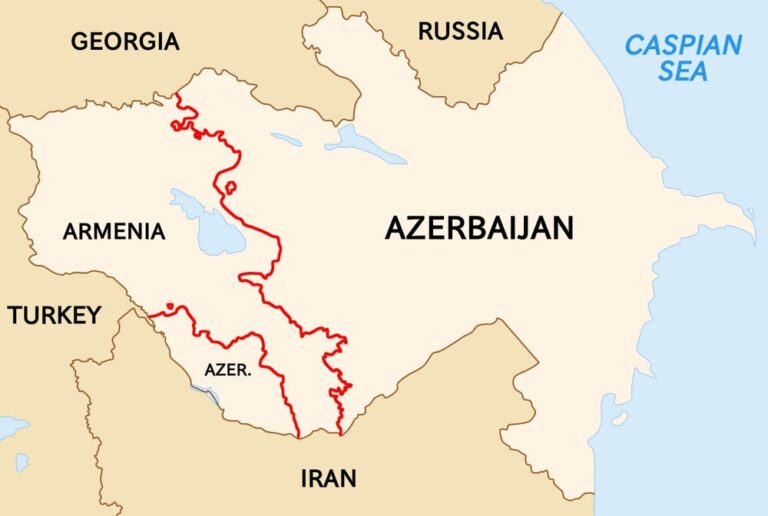
Iran Stresses Importance of Caucasus Security and Neighbor Relations, Says Foreign Ministry Spokesperson
In a recent briefing, Iranian Foreign Ministry spokesman Baghaei emphasized the importance of regional security in the Caucasus, particularly concerning Armenia and Azerbaijan. He affirmed Iran’s commitment to fostering stability and cooperation, stating readiness to assist in strengthening security in the South Caucasus. Baghaei addressed misinformation about Iran’s support for Hezbollah, highlighted diplomatic efforts with Afghanistan, and reiterated support for Syrian governance backed by the populace. He also expressed opposition to foreign military presence, viewing it as destabilizing, and confirmed ongoing discussions for the Economic Cooperation Organization Summit in Tehran. Iran aims to reinforce its role as a stabilizing force in the region.
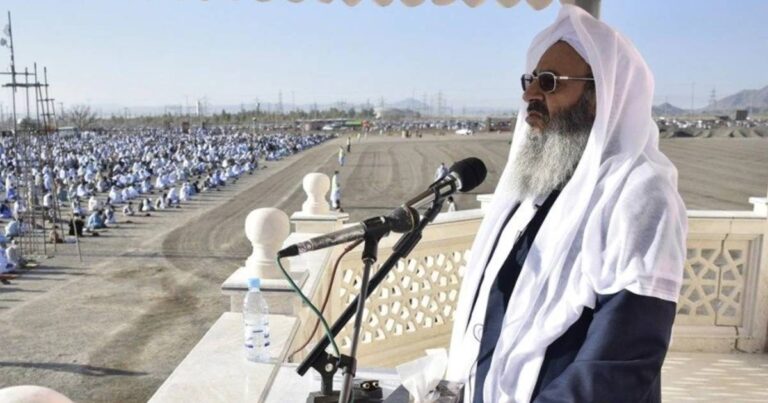
Iran’s Leading Sunni Cleric Calls for Direct US Dialogue, Challenging Supreme Leader’s Stance
Iran’s senior Sunni leader, Mowlavi Abdolhamid Ismaeelzahi, has advocated for direct negotiations with the United States and global powers, challenging Supreme Leader Ali Khamenei’s stance against such talks. He emphasized that intermediaries often fail to represent national interests effectively. This call for direct dialogue contrasts sharply with Khamenei’s rejection of negotiations, as he warned of a strong response to US threats, including military action. Meanwhile, concerns about Iran’s economic crisis have prompted some officials to suggest that engagement with the US could alleviate sanctions. The debate over negotiation strategies reflects deep divisions within Iran’s leadership regarding foreign relations.
